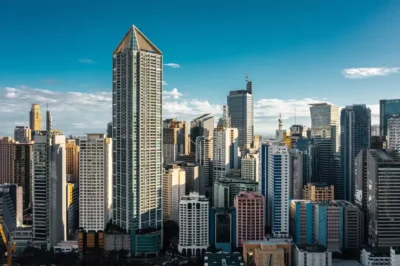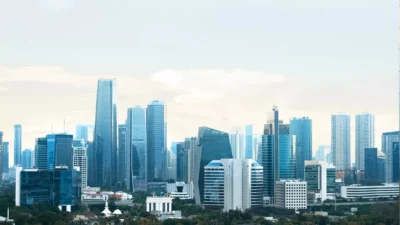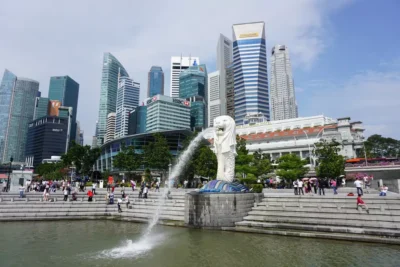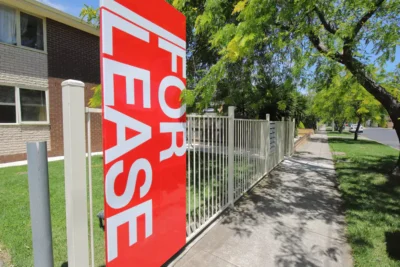News roundup: 62-acre township to rise in Bengaluru, other headlines
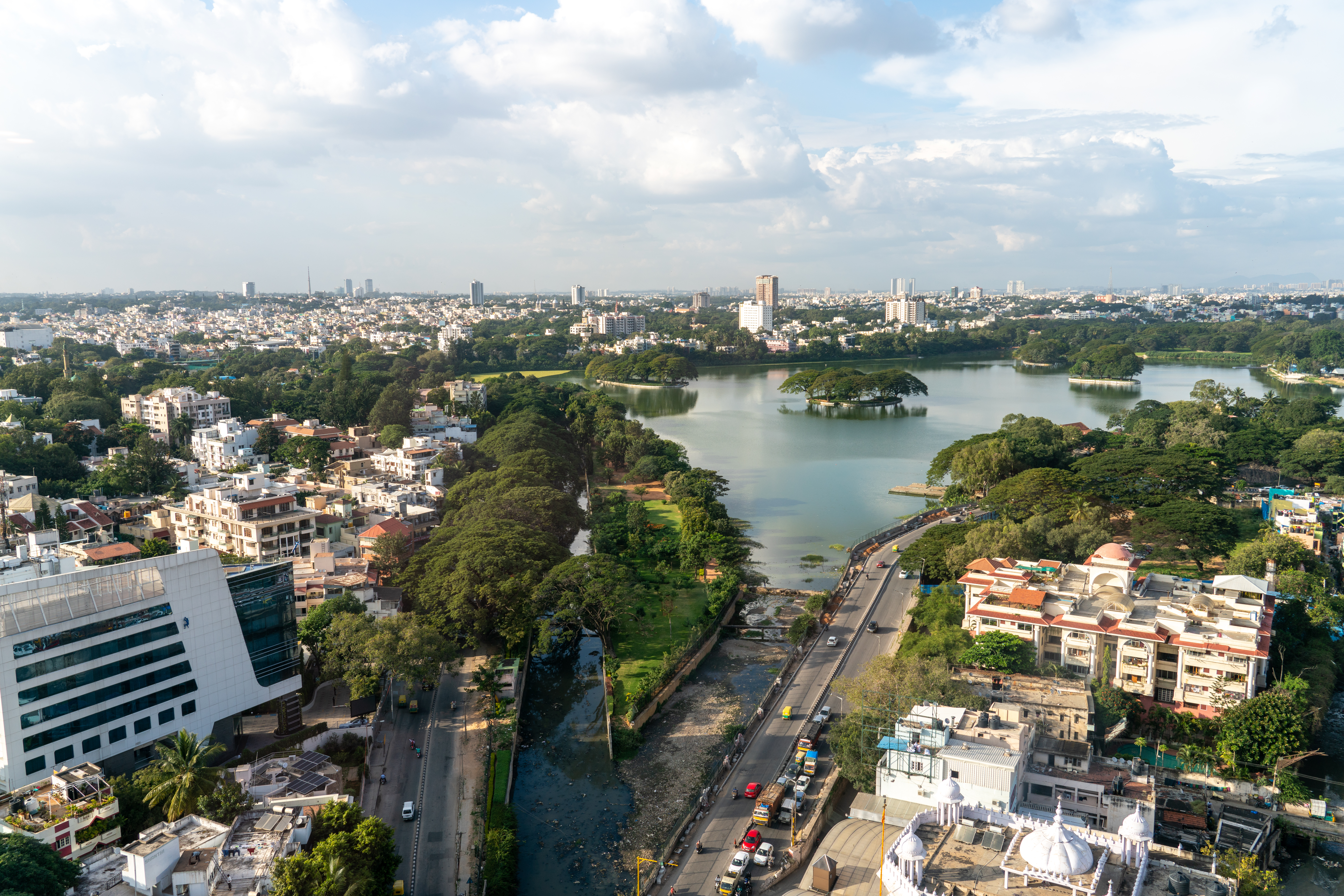
For PropertyGuru’s news roundup, Godrej Properties will develop a 62-acre township in Bengaluru with an estimated revenue potential of INR5,000 crore. In other news, APAC hotel revenues will continue to rise despite economic volatility plus a guide for Singapore homebuyers looking for eco-friendly home features.
Godrej Properties to build 62-acre township in Bengaluru with INR5,000 crore revenue potential
Godrej Properties Ltd on Monday said it will develop a 62-acre township in Bengaluru with an estimated revenue potential of INR5,000 crore.
According to The Indian Express, the company revealed in a regulatory filing that it has entered into definitive agreements with a land-owning entity to develop a large township project in North Bengaluru under a profit-sharing model.
The township project is spread across 62 acres and will offer around 5.6 million (56 lakh) square feet of a saleable area comprising primarily premium residential apartments of various configurations.
Asia Pacific hotel revenues to rise in 2024 despite economic volatility
According to JLL’s Hotel Operators’ Sentiment Survey 2023 reported in World Property, hotel occupancy levels in the Asia Pacific (APAC) continue to rise steadily following the reopening of all key markets, the ramping up of air capacity, and a strong pick up in conferences and events around the region.
The upward trend comes amidst headwinds to the hotel sector attributable to a tight labor market, rising energy costs, alongside pressure on corporate travel spend, geopolitical tensions, and high cost of travel.
In markets such as Bali, Phuket, and Singapore, Average Daily Rates (ADR) have surpassed pre-pandemic levels by over 20 percent, primarily driven by leisure tourists. The survey indicates that 77 percent of hotels in APAC anticipate a further rise in occupancy levels in 2024, particularly in the upper upscale and luxury segments. And 73 percent of hotels in the Asia Pacific region expect ADR to rise. Among the subregions, Southeast Asia exhibits the most optimistic outlook, attributed to strong tourist arrival growth momentum in most countries.
Eco-friendly home features Singapore homebuyers shouldn’t ignore
What’s the mark of a green home? It uses less energy and water, leading to utility savings for homeowners and a healthier planet.
In Singapore, a country with hot and humid weather, living in a green home comes with numerous incentives for homeowners. However, a study reveals that almost one-third of Singaporean homebuyers are unwilling to pay any premium for eco-friendly features. For those who are, they’d consider no more than a 5 percent price increase.
Regardless, if you’re in the market for a new home, choosing one with reduced environmental impact during construction could align with your preferences even if you’re not actively seeking green features.
PropertyGuru Singapore presents a short guide highlighting essential eco-friendly home features that you shouldn’t overlook if sustainability is a key criterion in your search for a new home.
The Property Report editors wrote this article. For more information, email: [email protected].
Recommended
Philippine real estate sees growth in regional markets despite challenges in Metro Manila
Amid pressures, developers and investors are capitalising on a range of opportunities to drive growth in the nation's real estate sector
Bali leads the charge in Indonesia’s rental boom while other regions struggle to keep pace
The rental market is soaring in Bali due to its rich cultural heritage and island charm, while other regions of Indonesia are experiencing less success
Rental markets surge in Asia as digital nomads find new opportunities with visa reforms
As countries in Asia roll out customised visa programmes, rental markets are thriving with the influx of remote workers
China’s hospitality market thrives as developers sell off assets to spark recovery
China’s indebted developers are divesting hospitality assets to generate growth and enhance the outlook of the country’s real estate market

